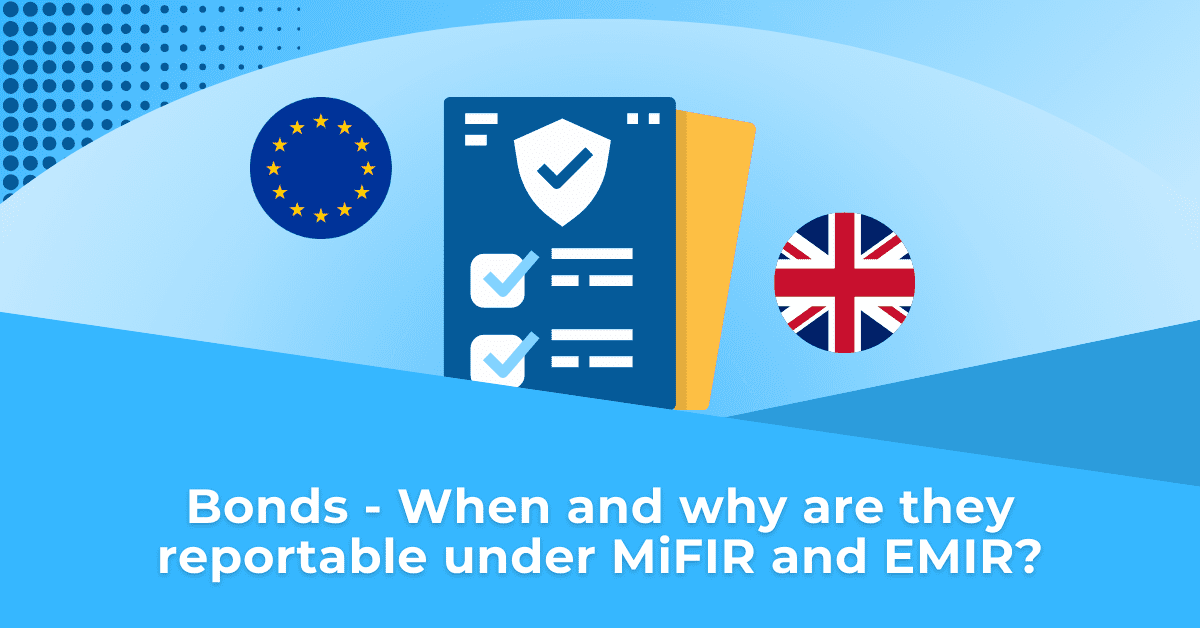If the settlement of an SFT has failed, are you still required to report this?
ESMA clarified the reporting requirements in relation to Securities Financing Transaction (SFT) settlement fails in a recent Q&A. Due to the various ways in which settlements can fail (i.e., completely, partially, or before or after the SFT maturity date), it can cause confusion in respect of your reporting obligations. In this article, TRAction simplifies when you need to report and when you don’t.
When to report
You will be required to report to a designated trade repository (TR) if the:
- settlement fail results in an amendment to the transaction;
- settlement fail occurs more than 1 day after the maturity date (S+1) and:
- there is no possibility to update the maturity date; or
- the SFT has been terminated early and there is no and there is no possibility to revert the early termination;
- closing leg of an SFT settlement fails; and
- closing leg of a CCP-cleared SFT settlement fail, where the settlement is on a net basis and the settlement fail is attributable to an individual SFT.
When not to report
You are not required to report a temporary settlement fail that neither results in a termination of the SFT nor in a modification of any of the reportable characteristics of the SFT.
How to report
Depending on the circumstance in which the settlement fails you will be required to report as per the following table:
| Possible Scenario | How to Report |
|---|---|
| The settlement fail modifies the SFT | The amendment should be reported with the action type “MODI” |
| Closing leg of an SFT has not settled | Counterparties should be reported with the action type “MODI” no later than S+1 |
| The settlement fail occurs after S+1 and the maturity date and/or early termination cannot be amended | Counterparties should report the outstanding SFT with a new unique transaction identifier (UTI) |
If you have any queries regarding the reporting of settlement fails or your SFTR reporting in general, please do not hesitate to contact us.




